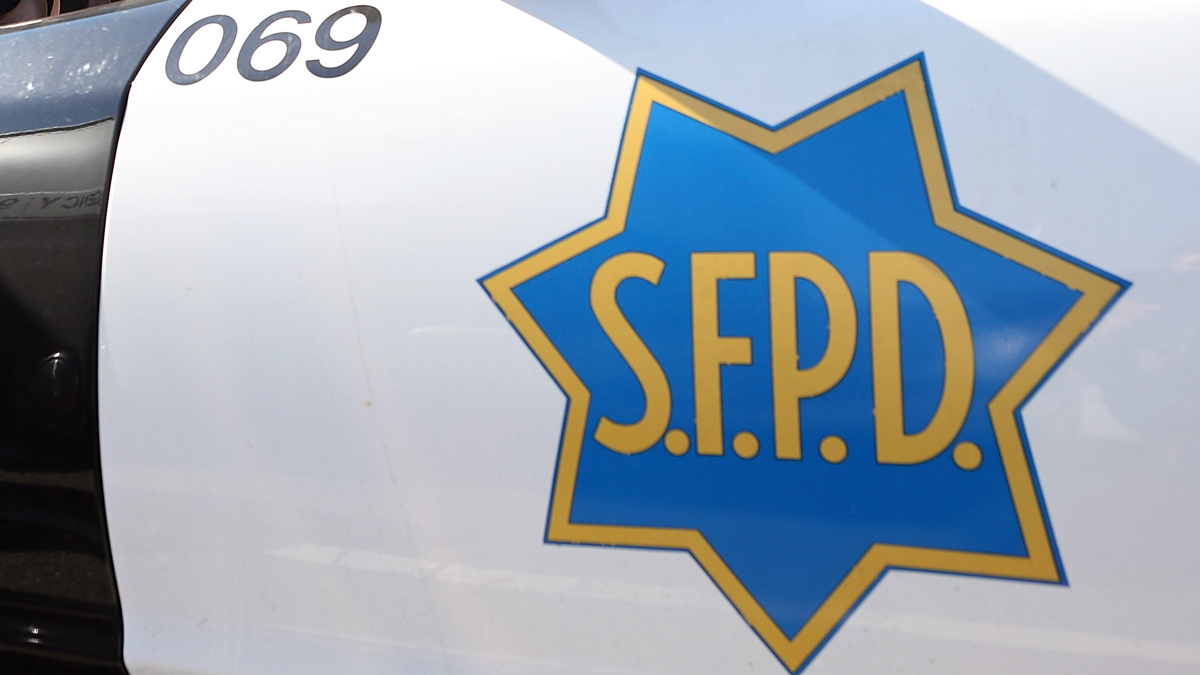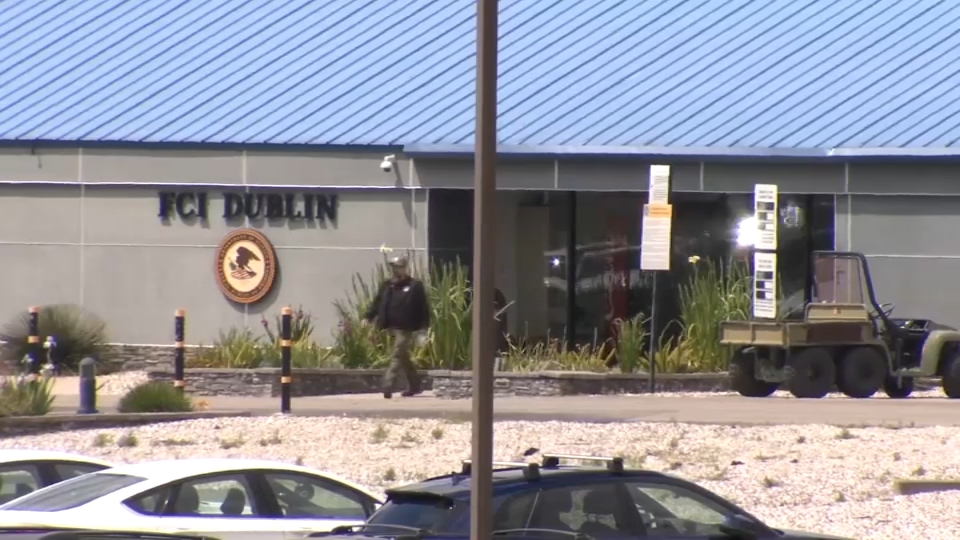A technology that advocates say can help solve and prevent future gun crimes has met stiff resistance in California, and some say the political impasse could be costing lives and allowing solvable cases to go cold.
The technology is called the National Integrated Ballistics Information Network (NIBIN). Officials with the Bureau of Alcohol, Tobacco, Firearms and Explosives, which oversees NIBIN, have recently been pushing local and state law enforcement agencies to adopt the technology. ATF officials from Washington, D.C., to the San Francisco Bay Area have pointed to NIBIN’s ability to connect shootings across city, county and state lines, some of which originally appeared unrelated.
Most law enforcement agencies in California’s urban centers use the technology, but NBC Bay Area’s Investigative Unit found major gaps in California’s ballistics evidence network, most notably across the 10 state-run crime labs operated by the California Department of Justice.
For NIBIN to work effectively, law enforcement agencies must have access to large amounts of ballistics data. It requires technicians to perform ballistics testing on every shell casing, bullet, and gun recovered at every crime scene, and enter those ballistic images into NIBIN. As images of shell casings are entered into the database, the system searches for matches of shell casings left behind at other crime scenes. That allows law enforcement to connect different shootings to the same firearm and generate investigative leads for detectives before cases go cold. ATF officials say by proactively using the database, police can prevent future gun crimes by taking known shooters off the street.
However, NIBIN technology is only as effective as the number of crime labs and police departments that participate, and experts tell NBC Bay Area that those large gaps in California dilute the entire network.
There was an attempt to fix just that problem in California’s Legislature in 2018.
A bill authored by California Assemblyman Evan Low would have closed those gaps by mandating all guns and shell casings recovered at California crime scenes to be entered into NIBIN. But the bill never made it out of the Appropriations Committee. Multiple law enforcement sources in both local and state law enforcement agencies told NBC Bay Area the bill faced stiff resistance from California’s Attorney General’s Office and some local law enforcement agencies. Among the reasons cited for opposition: cost, competing technology already on the market, and a resistance to any mandates on how local and state agencies run their crime labs.
Local
“We in the State of California are allowing crimes to go unsolved unnecessarily,” Low said. “We have the information and the systems in place to be able to do so.”
It was crucial for the Legislature to mandate the use of NIBIN, Low said, because cost, mindset, and politics were getting in the way of maximizing the technology.
“Well, it is about the turf wars, unfortunately, and that’s why the state needs to step in and say this is unacceptable,” Low, of Campbell, told NBC Bay Area. “We need to be adults and we need to use the technology that exists to prevent further victimization. We know that many of these guns are used in multiple places, in multiple jurisdictions.”
Santa Clara County District Attorney Jeff Rosen recently penned an op-ed supporting Low’s bill.
“This is only one solution to a seemingly intractable epidemic of gun violence,” Rosen wrote. “We can do it today. I want evidence collected. I want evidence tested. I want the evidence to be used to arrest the violent criminal. I want evidence to prosecute and convict the violent criminal.”
Also supporting the bill, San Jose’s police Chief Eddie Garcia says his agency has used NIBIN to generate solid investigative leads on cases that had, before NIBIN, seemingly hit dead ends.
“We have a policy that we send (to our lab) every gun and every casing from every scene that we respond to,” Garcia said. “There are fiscal considerations that you need to keep in mind, but to me, it’s just a cost of doing business. We’re trying to solve violent crime, and I can’t allow dollars and cents to really dictate how we solve violent crime in the city.”
While most urban areas are policed by agencies that do participate in NIBIN, huge swaths of California have no access to the network. California Department of Justice crime labs handle firearms evidence for most police departments across 47 counties, and none of it ends up in the national database. There are a few exceptions, as when the ATF provided NIBIN terminals to crime labs in places such as Kern County, Salinas, and Stockton.
As for how this impacts the nationwide NIBIN database network, NBC Bay Area’s reporting partners, the nonprofit journalists at The Trace, found that California is one of only 10 states across the country where state-run crime labs don’t participate.
Ron Nichols, who was an Oakland police officer before he went to work for ATF, says the large gaps in California’s ballistics database jeopardize public safety in communities where gun violence is prevalent.
“What that means for mom and dad at home in these areas that aren’t within the (NIBIN) network in California, is it means that your communities are at much higher risk because of the active shooters on those streets,” Nichols said. “Fewer investigations are really successful in connecting these shootings.”
Nichols, who worked in forensics for 34 years, said he understands that labs don’t want the government telling them what to do – but only to a point.
“I believe that if they don’t want the federal government to tell them what to do, I’m fine with that,” Nichols said. “But what I’m not fine with is ignoring the potential of a program that can close gaps within the network that the state is responsible for that can save lives. You don’t want the federal government looking at you? That’s fine. Then take a good hard look at yourselves.”
There are other holes in California’s ballistics database, experts say, beyond California’s Department of Justice. Some other larger law enforcement agencies, for example, have access to a NIBIN terminal but choose not to submit all recovered guns, bullets and shell casings for ballistics testing and NIBIN entry.
Then there’s the case of the Orange County Crime Lab, which turned to a competing ballistics network developed in Russia when the ATF pulled its NIBIN machines and funding back in 2012. That system, called Evofinder, and still in use to this day by Orange County, doesn’t communicate with NIBIN. So any evidence entered into Orange County’s Evofinder system can’t be seen by NIBIN users and vice versa.
“[Evofinder] gave us the ability to process bullets immediately with the same system that we were doing cartridge cases with at a much lower cost,” said Bruce Houlihan, the director of Orange County’s crime lab.
Houlihan said his agency considered the fact that Evofinder wouldn’t communicate with NIBIN but opted to purchase the system anyway. The Santa Ana Police Department, located a block away from the Orange County Crime Lab, does use NIBIN. But because Orange County and Santa Ana police use different systems, their respective networks don’t communicate with each other, except by special circumstance.
“We thought about that very deeply when we were actually considering this because that (lack of data sharing) was a concern of ours,” Houlihan said. “But considering the number of hits that we got nationally was almost non-existent … that was not really a big concern for us in Orange County.”
Low, for his part, said he’s not giving up on his bill to require NIBIN’s use all over California. Low plans to take it up again next year.



